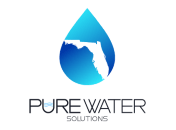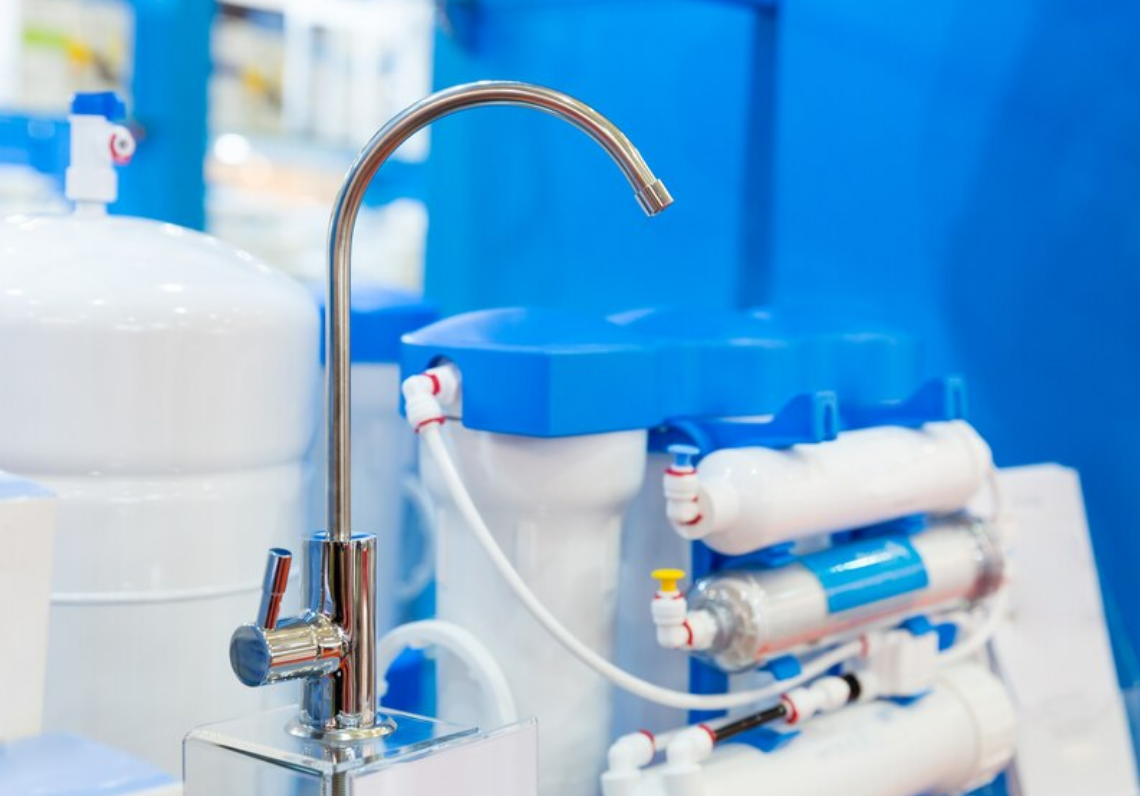976 Florida Central Parkway Suite 136 Longwood, FL 32750 • 407 605 3803
SE HABLA ESPAÑOL
How Water Filtration Systems Work | Florida Pure Water Solutions
How Water Filtration Systems Work | Florida Pure Water Solutions

Water filtration systems work by absorbing contaminants through materials like carbon, which captures impurities effectively. These systems utilize filters with varying pore sizes and materials to remove particles, chemicals, and germs from water, ensuring clean and safe drinking water.
Water filtration systems are designed to purify water by trapping harmful elements that could pose health risks if consumed. By using a combination of materials like sand, gravel, and charcoal, these systems effectively eliminate impurities, providing households with access to clean and healthy water.
The process involves passing water through filters that target different types of contaminants, resulting in improved water quality for everyday use.
The Essence Of Water Filtration
Water filtration systems play a crucial role in ensuring access to clean, safe drinking water. By removing impurities and contaminants, these systems transform murky water into a refreshing, clear liquid. Let's delve into the fascinating journey of water as it undergoes the filtration process.
From Murky To Clear: The Journey
When water enters a filtration system, it embarks on a transformative journey. The process involves the removal of impurities, sediments, and contaminants, ultimately resulting in crystal-clear, purified water. This journey is made possible through a series of intricate filtration mechanisms that work in harmony to deliver pristine drinking water.
Why Filter? The Impurities We Combat
Water filtration systems combat a myriad of impurities, ensuring that the water we consume is free from harmful contaminants. These systems effectively remove dissolved particles, germs, chemicals, parasites, bacteria, and viruses. By targeting these impurities, water filtration systems safeguard our health and well-being, providing peace of mind with every sip.
One of the key components in the water filtration process is the use of carbon, which is highly effective at capturing water-borne contaminants. The intricate structure of carbon contains numerous tiny crevices that trap chemical impurities, such as chlorine, ensuring that the purified water is free from harmful substances.
Overall, water filtration systems are essential in ensuring that the water we consume is pure, safe, and free from harmful impurities. By understanding the impurities that these systems combat, we gain a deeper appreciation for the vital role they play in providing us with clean, refreshing water.
Core Mechanisms Of Filtration Systems
Water filtration systems operate through various mechanisms to ensure the removal of impurities and contaminants from water. The core mechanisms include physical barriers and chemical processes, each playing a crucial role in purifying water.
Physical Barriers: Sieving Out The Visible
Physical barriers in water filtration systems act as sieves, effectively trapping larger particles and sediments present in the water. These barriers typically consist of materials with varying pore sizes, such as sand, gravel, and ceramic, which physically block impurities from passing through.
Chemical Processes: The Role Of Carbon
Carbon plays a vital role in water filtration systems through chemical processes. Activated carbon, with its high surface area and porous structure, effectively adsorbs contaminants like chlorine, chemicals, and organic compounds. This process ensures that water is purified by removing harmful substances that could affect its quality.
Types Of Water Filtration Systems
When it comes to water filtration systems, there are various types available to ensure that the water you use and consume is clean and safe. Understanding the different types of water filtration systems can help you make an informed decision about which one is best for your specific needs.
Whole House Vs. Point Of Use
Whole house water filtration systems are designed to treat water throughout the entire home, providing clean water for bathing, cooking, and laundry. On the other hand, point-of-use systems are installed at specific water outlets, such as under the sink or attached to the faucet, to provide localized filtration.
Cutting-edge Tech: Reverse Osmosis Explained
Reverse osmosis is an advanced water filtration technology that uses a semi-permeable membrane to remove impurities from water. The process involves applying pressure to the water, forcing it through the membrane to separate contaminants, producing clean and purified water for consumption.
Stages Of The Filtration Process
The process of water filtration involves multiple stages to ensure the removal of impurities and contaminants. Each stage plays a crucial role in providing clean and safe drinking water.
The First Line Of Defense: Pre-filters
Pre-filters act as the initial barrier, capturing large particles like sediment, silt, and debris before the water proceeds to further filtration. This helps prevent clogging of subsequent filters and enhances the overall efficiency of the system.
Deep Cleansing: Activated Carbon's Role
Activated carbon is a key player in the filtration process, known for its exceptional ability to adsorb impurities and chemicals. As water flows through the carbon, contaminants like chlorine, volatile organic compounds (VOCs), and other harmful substances are trapped, resulting in cleaner water.
Final Touches: Post-filtering Nuances
Post-filters provide the finishing touches by addressing any remaining contaminants and improving the taste and odor of the water. These filters are designed to target specific impurities, ensuring that the water meets high-quality standards for consumption.
Installation Insights
Diy Vs. Professional Installation
When it comes to installing a water filtration system, you have the choice between DIY or professional installation. DIY installation can be cost-effective, but professional installation ensures proper setup and functionality.
Maintenance: Keeping Your System Pristine
Ensuring your water filtration system stays in optimal condition requires regular maintenance. This includes replacing filters on schedule, checking for leaks, and monitoring water quality.
Evaluating Filtration Needs
Assessing Water Quality
Before choosing a water filtration system, it's essential to assess the quality of your water. You can conduct a water quality test to identify the specific contaminants present in your water supply. This will help determine the type of filtration system required to address your unique water quality concerns.
Choosing The Right System For Your Home
Once you have identified the contaminants in your water, it's crucial to choose a filtration system that effectively targets those impurities. Consider factors such as the filtration technology, system maintenance requirements, and the system's capacity to meet your household's water usage. Additionally, ensure that the selected system complies with relevant water quality standards and certifications.
Benefits Of Home Water Filtration
Home water filtration systems work by removing impurities and contaminants from tap water, providing clean and safe drinking water. The benefits of using a home water filtration system include improved taste and odor of water, reduced exposure to harmful chemicals and toxins, and cost savings compared to buying bottled water.
With a variety of filtration options available, homeowners can choose a system that best fits their needs and budget.
Health Perks: Safe Drinking Water
Home water filtration systems ensure your water is free from harmful contaminants like chlorine and bacteria, providing safe and clean drinking water for your family.
Household Advantages: Prolonging Appliance Life
Water filtration systems help in removing sediment and mineral deposits, prolonging the lifespan of appliances like dishwashers and washing machines.
By preventing scale buildup, these systems also maintain the efficiency of your water heaters and pipes.
Challenges And Considerations
When implementing a water filtration system, there are several challenges and considerations that need to be taken into account. From cost analysis to the mineral debate, each aspect plays a crucial role in determining the effectiveness and efficiency of the filtration process.
Cost Analysis: Upfront And Ongoing
When evaluating water filtration systems, it's essential to conduct a comprehensive cost analysis that includes both upfront expenses and ongoing maintenance costs. While the initial investment for high-quality filtration systems may seem significant, it's important to consider the long-term benefits and cost savings associated with superior water quality.
The Mineral Debate: Removal Vs. Retention
One of the critical considerations in water filtration is the debate surrounding mineral removal versus retention. While eliminating harmful minerals and contaminants is vital for ensuring safe drinking water, it's equally important to retain essential minerals that contribute to overall health. Striking a balance between removal and retention is a key factor in designing an effective water filtration system.
Frequently Asked Questions
Question: How Does A Water Filtering System Work?
Answer: Water filters use absorption, mainly by carbon, to capture contaminants in water. Carbon has a large internal surface with nooks and crannies that trap impurities such as chlorine. Different filters with varying pore sizes and materials remove particles and germs from water.
Question: What Is The Process Of Water Filtration System?
Answer:Water filtration systems work by passing water through filters of varying pore sizes and materials like sand, gravel, and charcoal. These filters remove contaminants such as dust, chemicals, parasites, bacteria, and viruses from the water.
Question: What Is The Difference Between A Water Purifier And A Water Filtration System?
Answer:A water purifier removes specific elements a basic filter can't, while a filtration system removes impurities.
Question: What Are The Pros And Cons Of Water Filtration Systems?
Answer:Water filtration systems soften water, reduce stains, and lower corrosion. However, some systems remove beneficial minerals and are pricier than point-of-source units.
Final Thought
Understanding how water filtration systems work is crucial for making informed decisions about the quality of your home’s water supply. These systems use various technologies to remove impurities, ensuring that your drinking water is clean, safe, and healthy. From activated carbon filters to reverse osmosis systems, each method has its unique advantages and applications, tailored to meet different water quality needs.
At Florida Pure Water Solutions, we are committed to providing you with the best water filtration systems available. Our expert team is dedicated to helping you find the perfect solution for your home, whether it's a whole home filtration system, water softener, or a specialized purification system. With our free in-home water tests, we can identify the specific contaminants in your water and recommend the most effective treatment options.
Don't compromise on the quality of your drinking water. Trust Florida Pure Water Solutions to deliver customized, high-quality water filtration solutions that cater to your family's health and well-being. Visit our website to learn more about our services and how we can help you achieve the purest water possible. Contact us today to schedule your free in-home water test and take the first step toward a cleaner, healthier water supply.

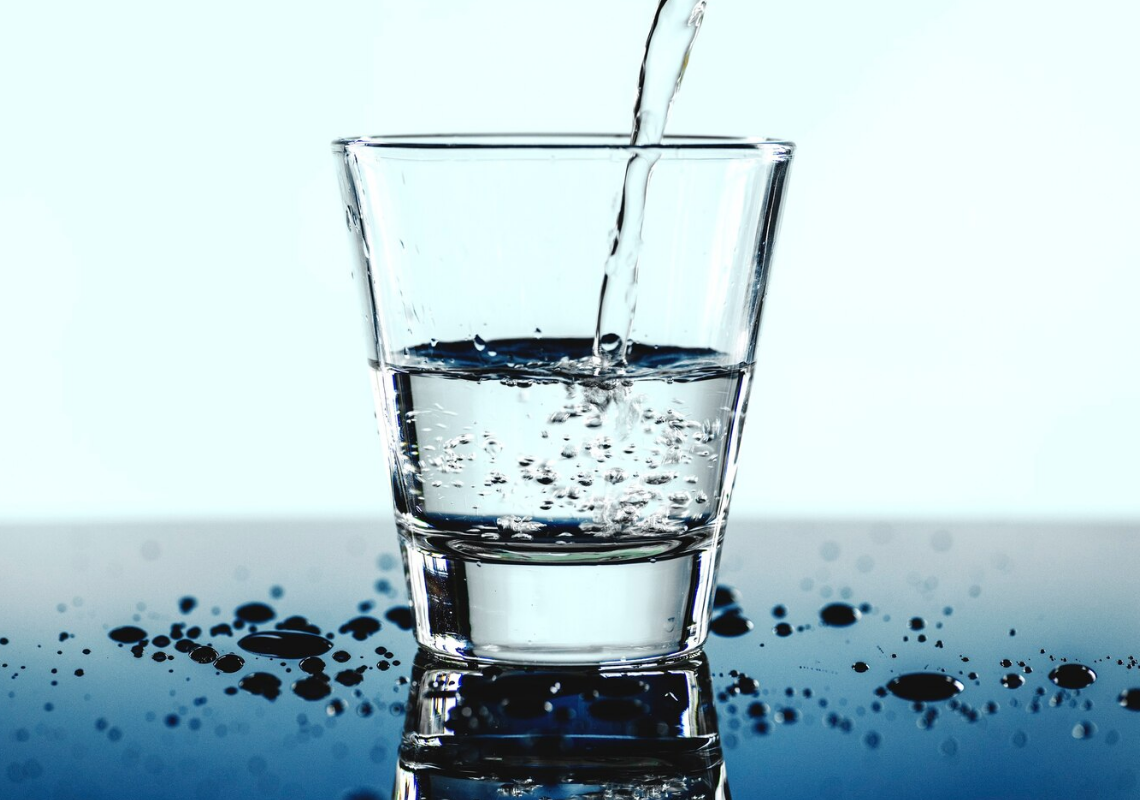
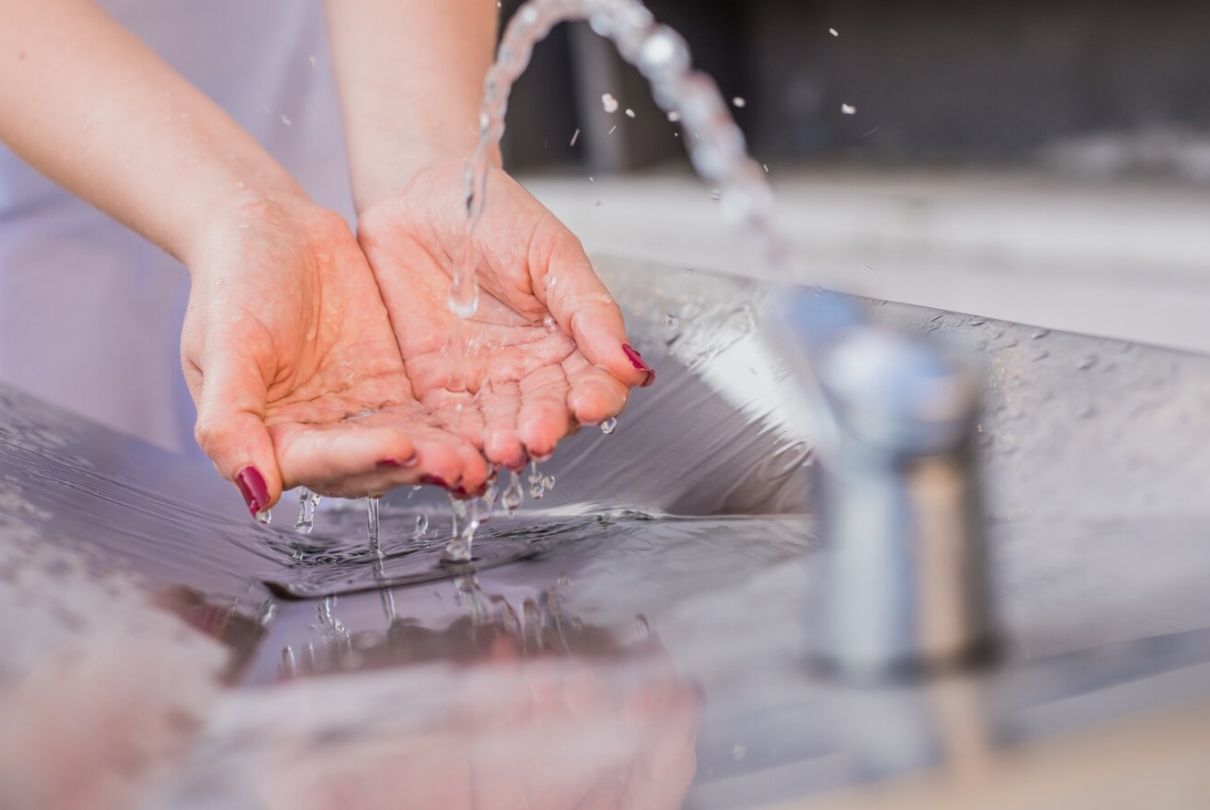

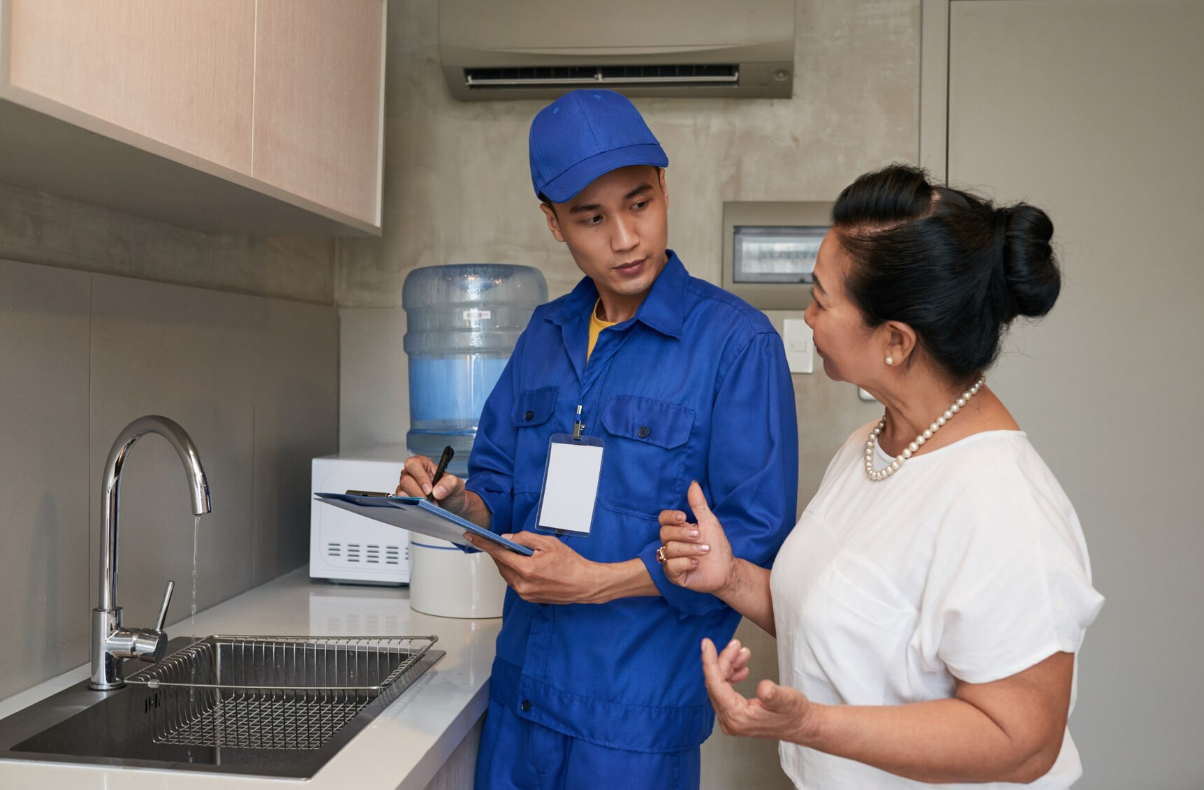
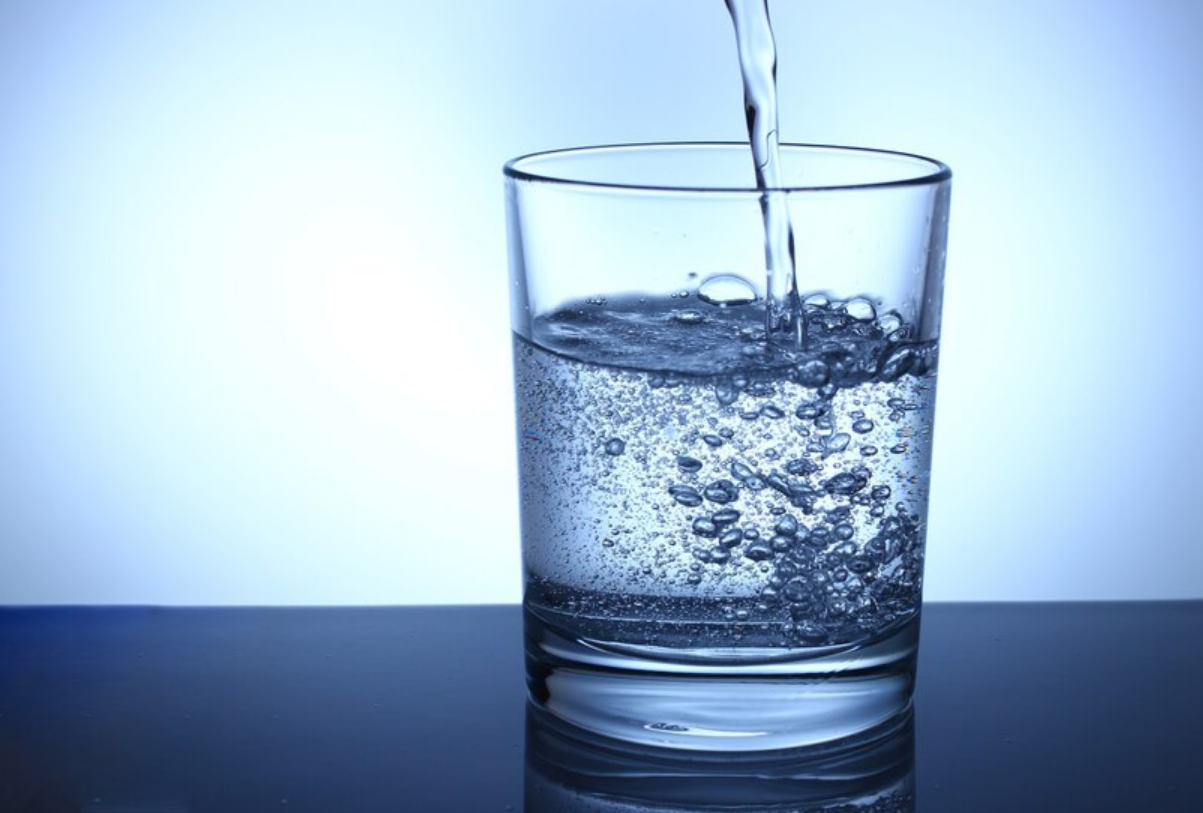
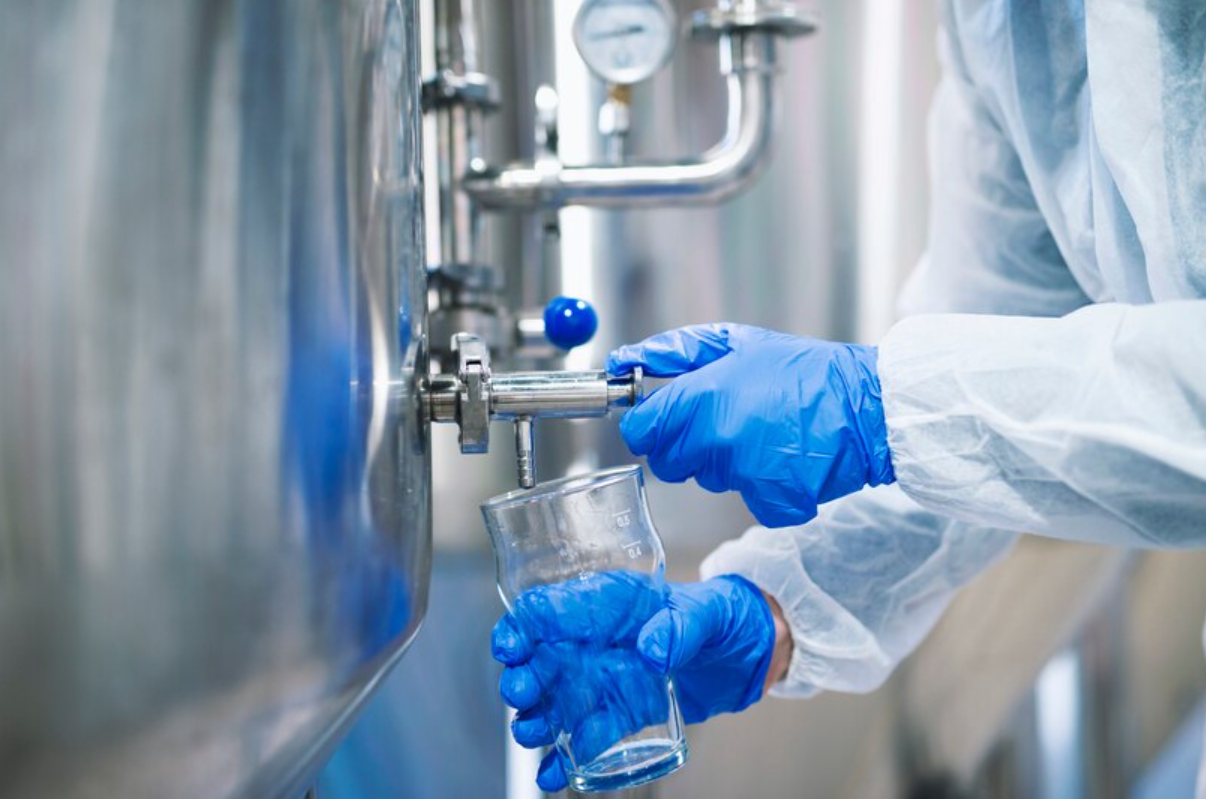
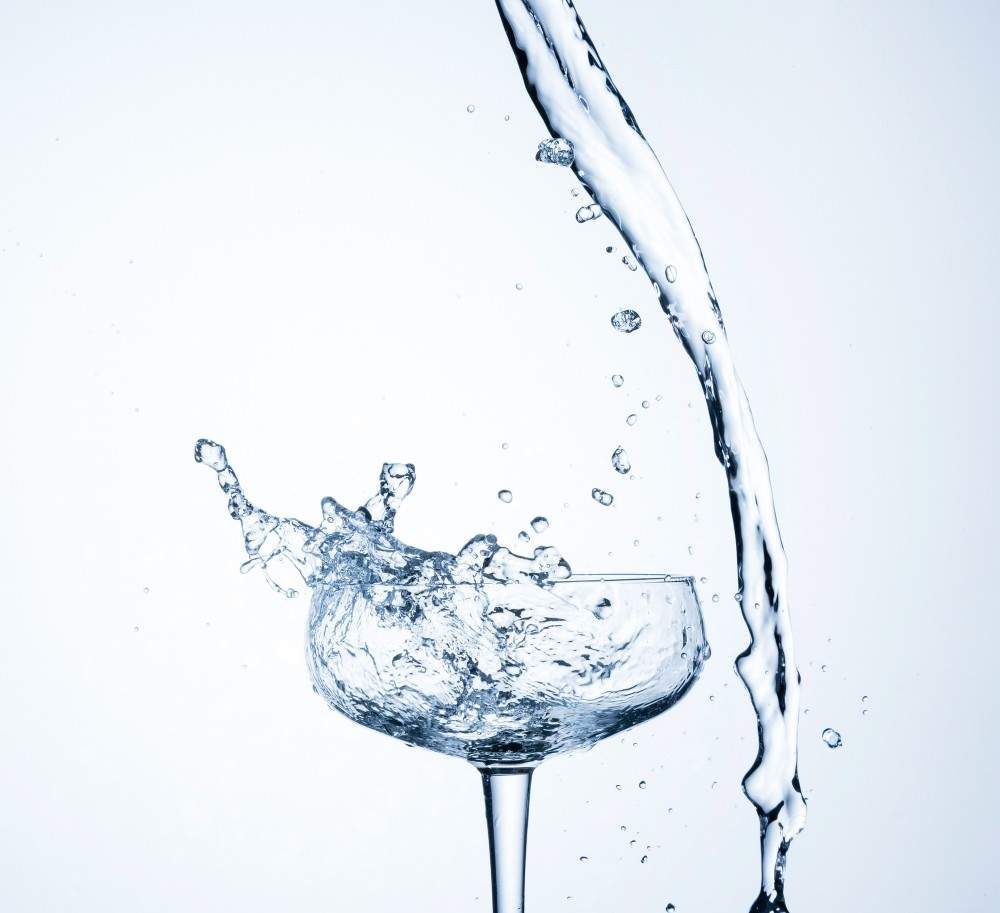
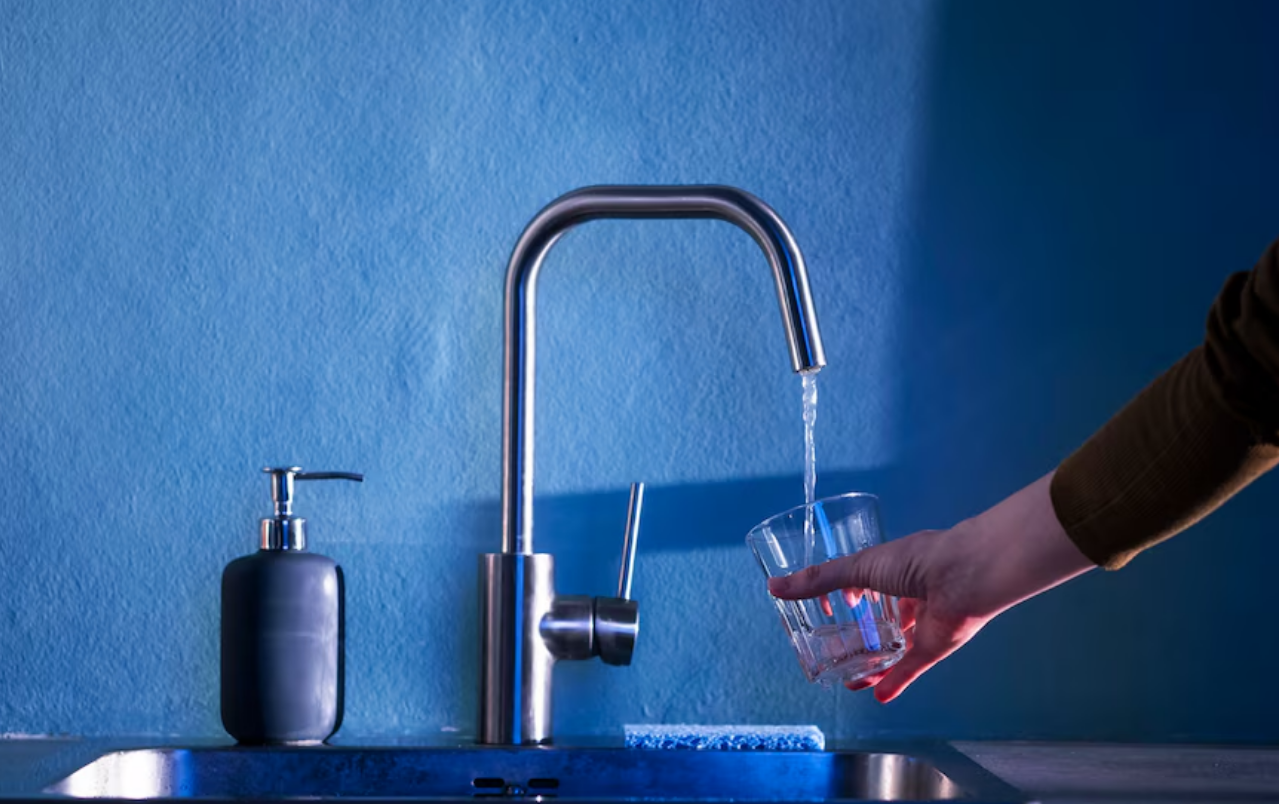
Contact Information
Phone: 407-605-3803
Email: info@flpureh2o.com
Address: 976 Florida Central Parkway Suite 136 Longwood, FL 32750
Payment Option





Financing Available
Our Location
Last updated 25 Oct 2023 by GTK
